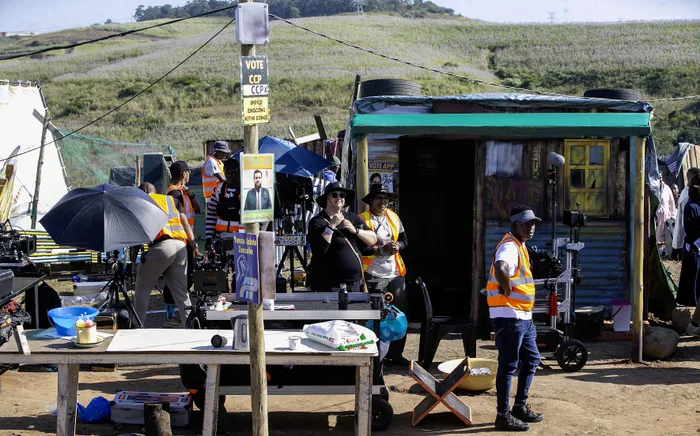
.
Image: Leon Lestrade
In a move that merges digital transformation with creative industry growth, South Africa has launched a 24-hour digital visa system aimed at international film and production crews—a policy shift that could redefine the country’s role in the global entertainment economy.
Announced through the Department of Home Affairs’ new Screen Talent and Global Entertainment Scheme (STAGES), the initiative is designed to fast-track visa approvals for accredited film federations and production organisations. It forms part of a larger government effort to reimagine Home Affairs as a tech-enabled economic enabler rather than a bureaucratic bottleneck.
“This is about building trust through technology,” said Leon Schreiber, South Africa’s Minister of Home Affairs. “STAGES removes unnecessary red tape and opens our borders to the world’s creative industries, securely, digitally, and fast.”
At its core, STAGES represents the digitisation of a traditionally paper-heavy process.
Using a secure, cloud-based portal, recognised film industry partners can now submit group visa applications, covering entire film crews online, with minimal documentation and turnaround times as short as 24 hours.
This streamlined process relies on a digital risk profiling and accreditation system, allowing trusted film federations to handle visa logistics directly.
Once approved, these organisations can access a fully digital workflow, including submission, tracking, and approval notifications, all designed to cut down weeks of waiting time into a single day.
The move is not only about convenience, it’s about competitiveness.
The global film production market is fiercely contested, with countries like Canada, New Zealand, and the UAE offering rapid visa systems and tax incentives to lure international studios. South Africa, long praised for its diverse locations and experienced crews, is now adding speed and simplicity to its competitive edge.
The new digital visa framework could have profound ripple effects on South Africa’s creative economy.
By making the country more accessible to global productions, STAGES is expected to attract foreign direct investment, create jobs, and boost tourism linked to film locations.
The Department of Home Affairs has built a transparent selection process for participation: film federations and production organisations are scored on legal compliance, operational experience, economic impact, and collaboration with local partners.
Successful applicants gain access to the STAGES digital platform for streamlined visa processing.
In practical terms, the government is using data-driven governance to lower barriers for legitimate creative enterprises while maintaining national security standards, an example of how digital policy reform can stimulate economic growth.
STAGES is part of SA’s broader push toward digital governance, echoing similar initiatives in e-visas, smart IDs, and biometric passports.
By transforming immigration into a digital service platform, the country may be positioning itself as a 21st-century hub for the global entertainment economy, leveraging innovation to unlock creative and financial capital.
If the program scales successfully, it could redefine how emerging markets attract film and tech-driven industries alike.
FAST COMPANY (SA)
